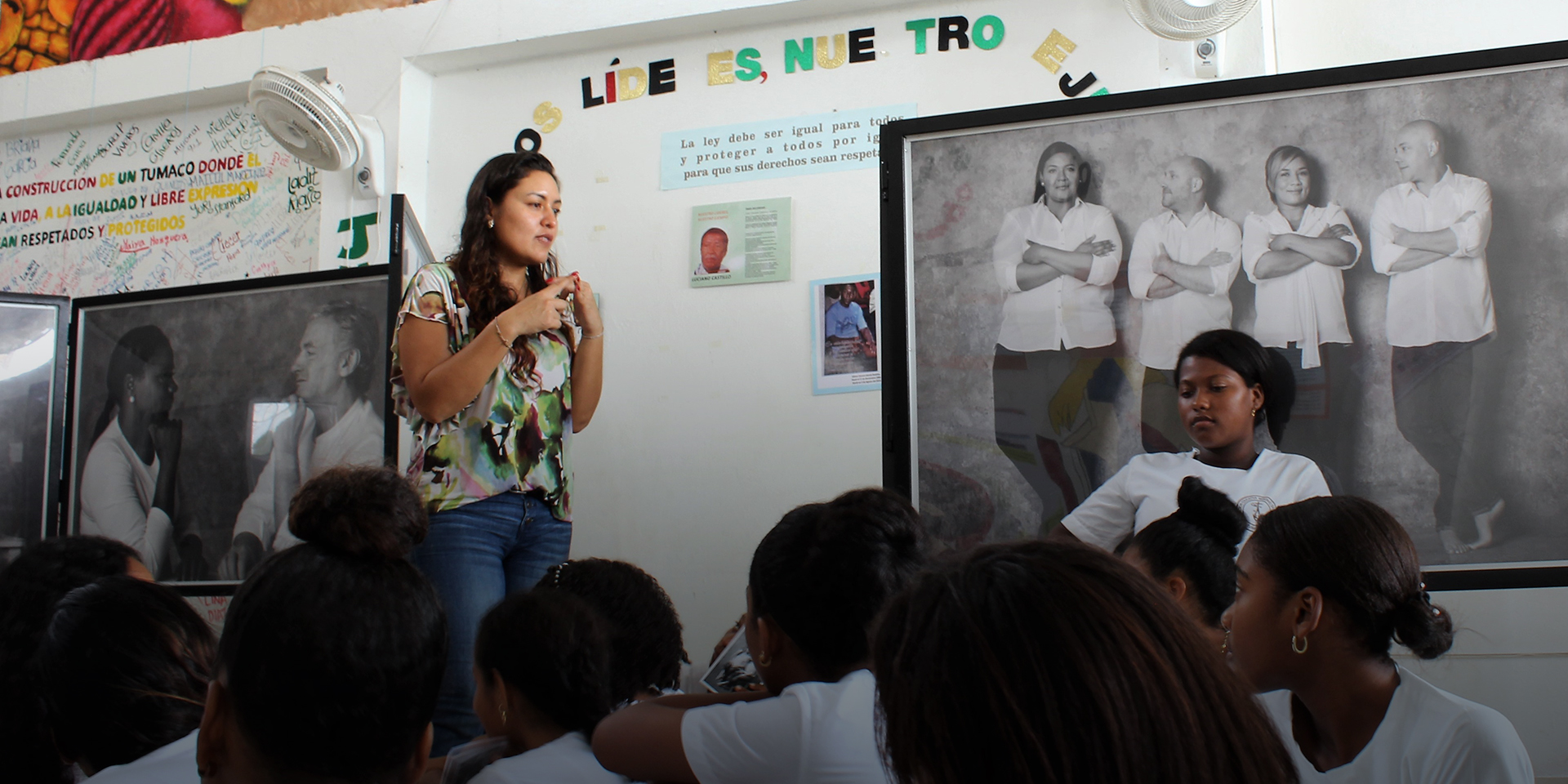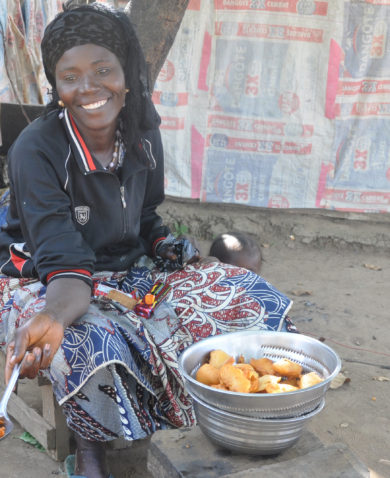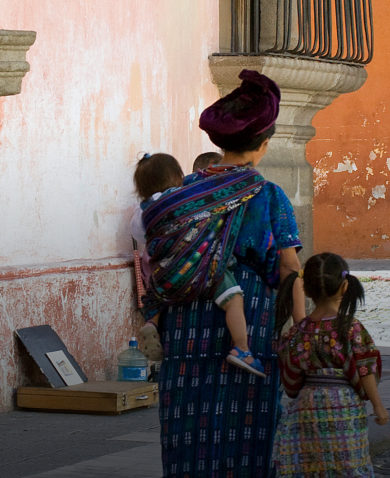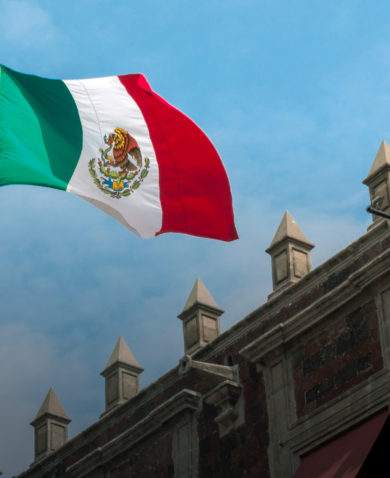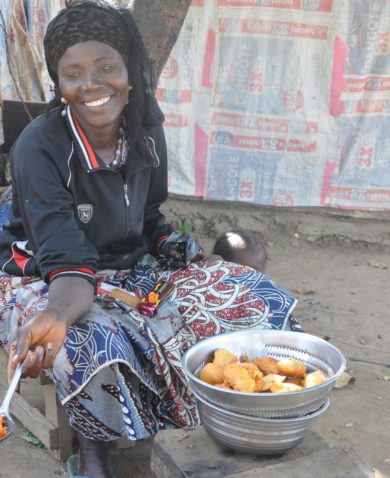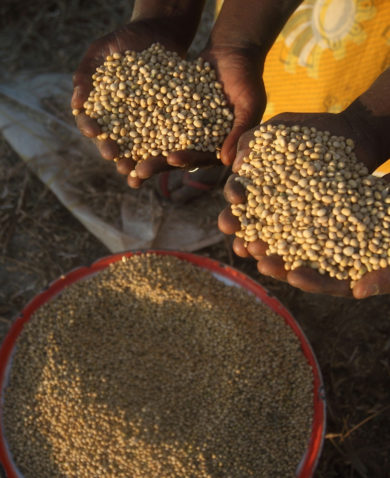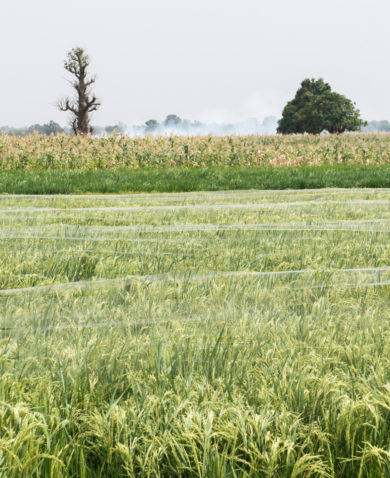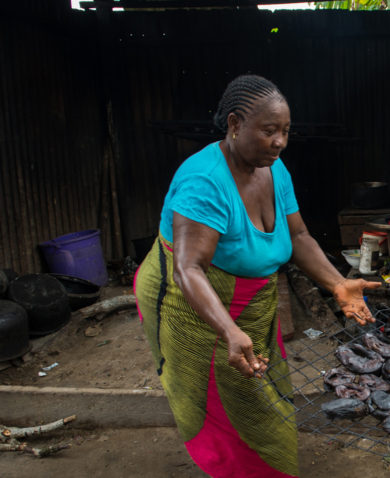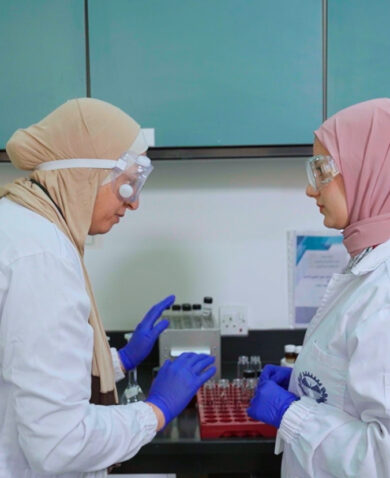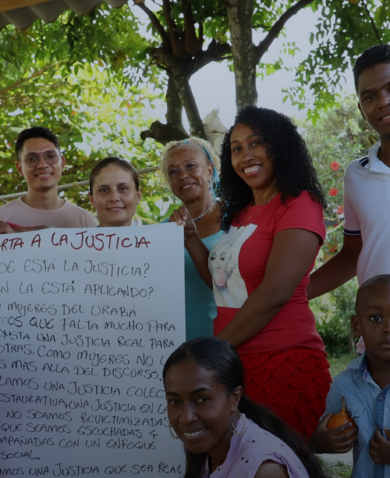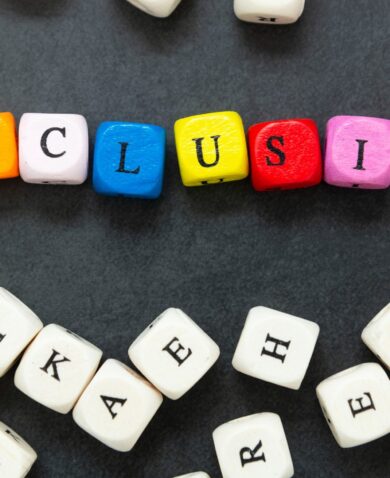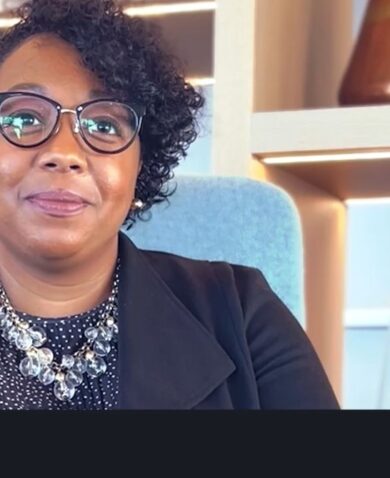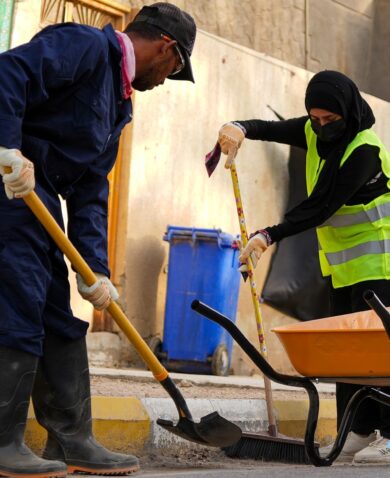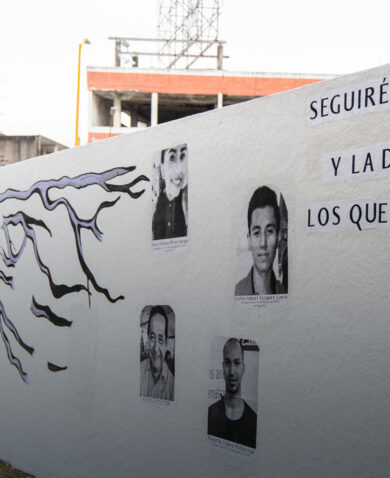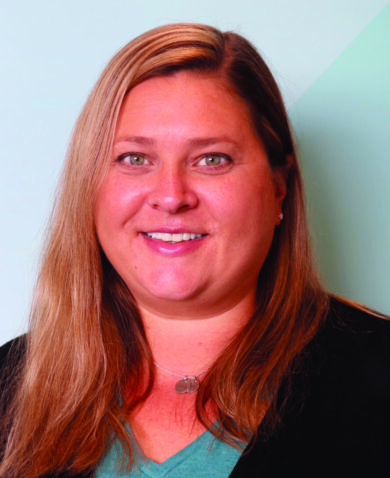What are some of the main challenges you have encountered when implementing inclusive activities?
Among the greater challenges of implementing social inclusion I have faced are the low levels of institutional knowledge and institutional discourse. For example, many public officials may have limited knowledge on inclusion approaches due to lack of information on the issues, personal prejudices, cultural norms that normalize or validate different types of violence towards women, and lack of knowledge regarding noncompliance with laws and policies.
Within civil society, I have seen the same prejudices held by public officials also influence civil society perspectives. For this reason, it is critical to raise awareness among civil society organizations on the manner in which public officials identify, validate, or invalidate violence against women, and whether or not women are included in institutional mechanisms. Beyond increasing civil society actors’ awareness of inequalities, gaps, prejudices, and other societal barriers affecting women’s roles, it is necessary to strengthen their capacities to effectively participate in institutional mechanisms to advocate for social inclusion within public policy.
Despite significant advances in Colombia, such as establishing gender-focused mechanisms (roundtables or subcommittees) within policy protocols, other divisions and prejudices within society need to be considered. For example, the LGBTI community, sex workers, indigenous people, and Afro-Colombian women in particular still do not receive adequate differentiated approaches or sufficient institutional responses to respond to structural inequalities. Ultimately, by not appropriately addressing these sectors using a differential focus, socio-political barriers will continue to create difficulties for these groups to access their rights and public services.
What innovative approaches have you applied to include marginalized groups in your project?
The Human Rights Activity (HRA) has pursued significant efforts in helping establish and subsequently strengthen municipal women’s and LGBTI roundtables in the municipalities where the project operates. These roundtables serve as institutional mechanisms at the local level where women and LGBTI members can convene to increase their knowledge of institutional services, raise awareness of their needs, effectively advocate their position and perspectives, and increase their participation in other institutional decision-making mechanisms.
Another approach that HRA has applied is creating and supporting diploma courses concentrated on gender empowerment with a focus on prevention and response to gender-based violence. These courses engage primarily rural women, as well as women that have committed to replicating their learning and training with their communities, families, and schools, and through institutional mechanisms. Due to their participation in these courses, women have increased their knowledge of their rights and have been empowered to participate in institutional mechanisms dedicated to gender rights. Through their involvement in these mechanisms, these women are provided with a platform to promote social inclusion and improve institutional responses to issues facing women in Colombia.

